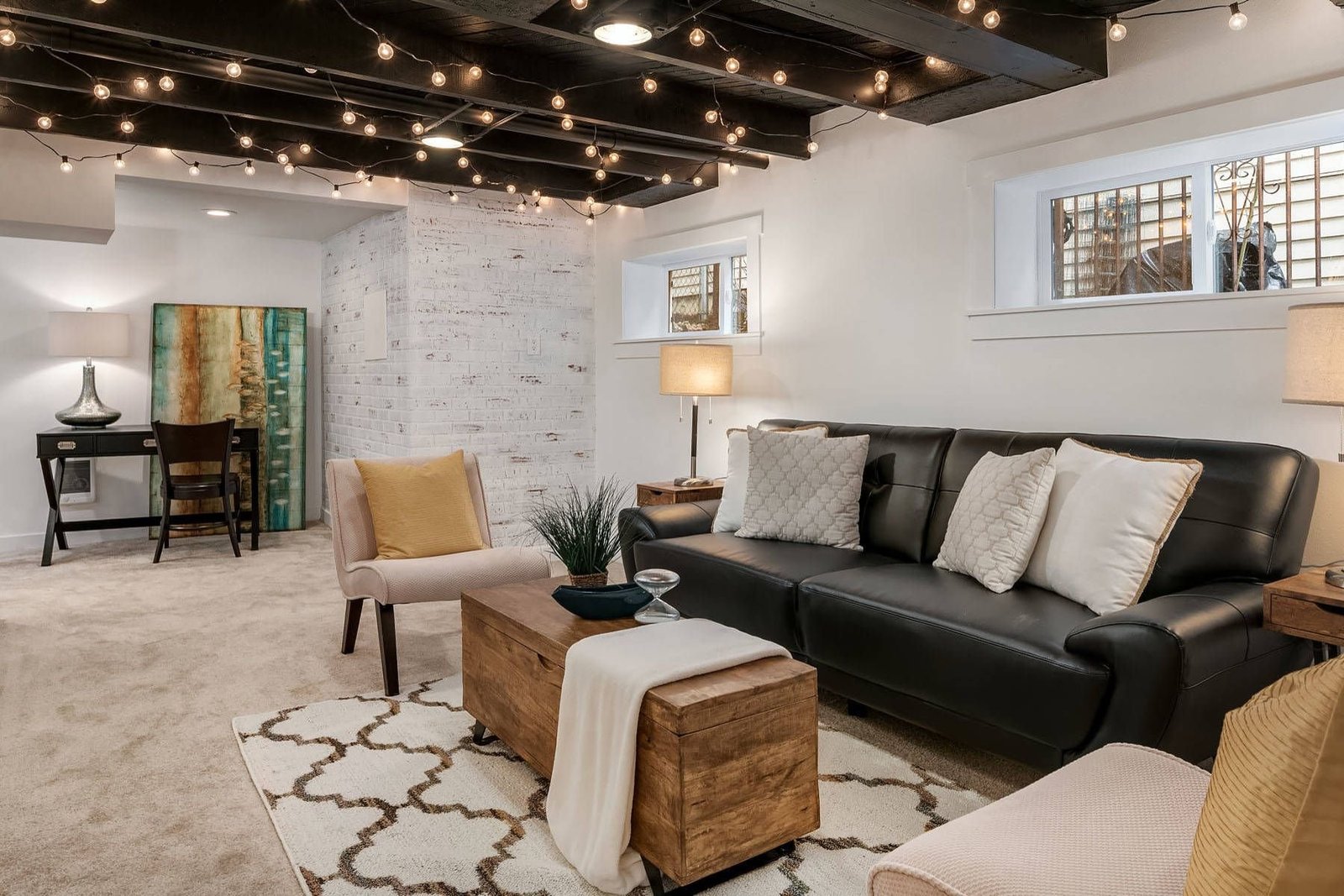Renovating your basement can be an exciting project that not only adds valuable living space to your home but also enhances its overall appeal. However, before you embark on this journey, it’s essential to understand the costs involved and how to budget effectively. In this blog post, we will explore the various factors affecting the cost of basement renovation and provide you with valuable budgeting tips and advice to ensure your project stays on track.
UNDERSTANDING THE FACTORS THAT AFFECT BASEMENT RENOVATION COSTS
SIZE AND COMPLEXITY
The size and complexity of your basement renovation project will have a significant impact on the overall cost. Larger basements or those with intricate layouts may require more materials, labor, and time to complete. Factors like the need for structural modifications, plumbing, and electrical work can also increase complexity and costs.
PURPOSE OF THE SPACE
The purpose you envision for your renovated basement will influence the costs. Converting the space into a simple storage area or laundry room will generally cost less than creating a full-fledged entertainment room, home gym, or additional bedroom with a bathroom.
MATERIAL SELECTION
Your choice of materials plays a crucial role in determining renovation costs. High-end finishes and fixtures will naturally come with a higher price tag, while more budget-friendly options can help keep expenses in check. Balancing quality and cost is essential to achieve your desired look and functionality without overspending.
PERMITS AND REGULATIONS
Depending on your location and the extent of your basement renovation, you may need to obtain permits and adhere to local building codes. These requirements can add costs in terms of permit fees and potential modifications to meet code standards.
LABOR AND CONTRACTOR FEES
Hiring professionals for your basement renovation is often a wise investment, but it does come with labor and contractor fees. The complexity of the project, the expertise required, and the reputation of the contractors you choose can all impact labor costs.
BUDGETING TIPS AND ADVICE FOR BASEMENT RENOVATION
SET A REALISTIC BUDGET
Start by setting a clear and realistic budget for your basement renovation. Research the average costs for similar projects in your area to get a rough estimate. Make sure to include a contingency fund of around 10-20% to account for unexpected expenses that may arise during the renovation process.
PRIORITIZE YOUR NEEDS
Identify your must-haves and nice-to-haves. Prioritizing your needs over your wants can help you stay within your budget. Consider focusing on essential structural and functional elements before allocating funds to aesthetics and luxury features.
GET MULTIPLE QUOTES
Obtain detailed quotes from several reputable contractors. This will allow you to compare costs, services, and timelines. Remember that the lowest bid isn’t always the best choice; consider the contractor’s reputation, experience, and references when making your decision.
PLAN FOR ENERGY EFFICIENCY
Investing in energy-efficient insulation, windows, and HVAC systems during your renovation can result in long-term cost savings on utility bills. While it may require a higher initial investment, it can be financially beneficial in the long run.
KEEP CHANGES TO A MINIMUM
Making changes to the project once it’s underway can lead to unexpected costs and delays. Try to finalize your renovation plan before work begins to minimize alterations during the construction process.
Renovating your basement can be a fulfilling endeavor that adds value and functionality to your home. By understanding the factors that influence the cost of basement renovation and following these budgeting tips and advice, you can ensure a successful project that not only meets your needs but also stays within your financial means. With careful planning and the right approach, your basement renovation can transform your space without breaking the bank.

